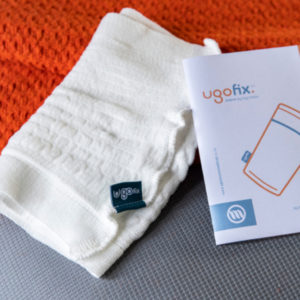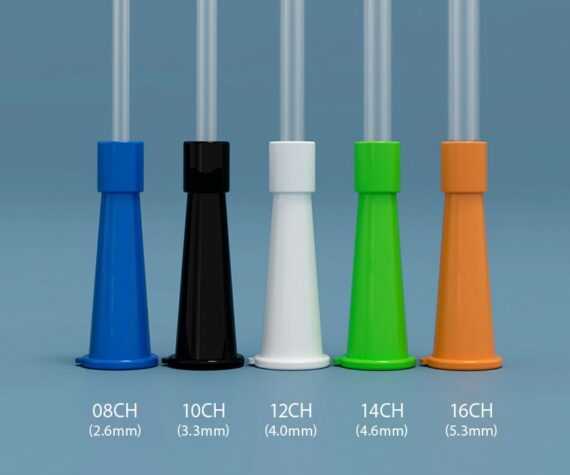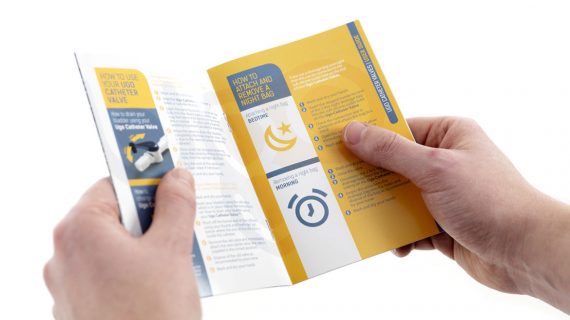Caring for someone with incontinence and dementia
Supporting patients with dementia can be incredibly rewarding. However, it’s not without its challenges.
The prevalence of dementia in the UK is set to increase, with the number of people affected by 2025 forecast to be over 1 million. Healthcare professionals need to be well-equipped to manage the needs of dementia patients with incontinence, so they can receive care which is high-quality and tailored to their needs.
Below are some important considerations for caring for someone with dementia and incontinence:
Build toilet visits into the day
By being proactive and initiating regular visits to the toilet, it’s possible to help prevent accidents before they happen, protecting the person’s dignity.
Toilet access card
Age UK can provide an ‘I can’t wait!’ card for individuals who need priority access to toilets when out and about. Download your free toilet access card from their website. This can be used for people with a wide range of medical conditions including dementia.
Clear signage for toilets
Bathrooms should be clearly labelled. Sometimes, an image of a toilet itself, as well as the word ‘toilet’ can help, particularly if the sign for gender-specific toilets starts to lose meaning for the individual.
Incontinence pads
These should be checked regularly and changed when necessary for hygiene and comfort. It’s also important to consider the type of pad being used and what is most appropriate for each individual. For example, pull up incontinence pants, incontinence insert pads or all in one incontinence pads. Sizing is also an important consideration. By using the correct size of pad and absorbency for the individual, you can increase their comfort and reduce the likelihood of them tampering with the pad, as they might if the fit was uncomfortable.
Indwelling catheter – is it necessary?
It’s an important consideration, particularly when we consider the sheer number of catheters which are inserted unnecessarily. In 2018, this amounted to 26% of catheters inserted in A&E settings.
Indwelling catheters are considered inappropriate for people with dementia unless they have a history of retention. Aside from issues gaining consent for catheterisation, there’s also a risk of trauma from the individual pulling on the catheter if they don’t realise what it’s for.
Discreet, comfortable catheter drainage & fixation products
For individuals with dementia who need to be catheterised, using discreet, comfortable products can improve their experience. When catheter drainage and fixation devices are comfortable to wear, this can help to divert attention away from the catheter.
 Optimum Medical has created the Ugo Urology range with comfort and discretion in mind, both of which are important considerations when securing the catheter of a person who has dementia. Our Ugo Fix Sleeve (left) is made of extra-soft fabric and provides excellent support for the weight of a filling catheter leg bag. Our catheter bag holder is available in a range of sizes. Complete the short form below to receive your free samples.
Optimum Medical has created the Ugo Urology range with comfort and discretion in mind, both of which are important considerations when securing the catheter of a person who has dementia. Our Ugo Fix Sleeve (left) is made of extra-soft fabric and provides excellent support for the weight of a filling catheter leg bag. Our catheter bag holder is available in a range of sizes. Complete the short form below to receive your free samples.
The Ugo Fix Gentle (catheter clip) can also be used to provide fixation at the bifurcation of the catheter (the port where the leg bag tubing connects with the end of the catheter). It features soft, silicone technology, making it ideal for securing catheters even on individuals with delicate, fragile skin. Browse our website to discover the full Ugo Urology range.


